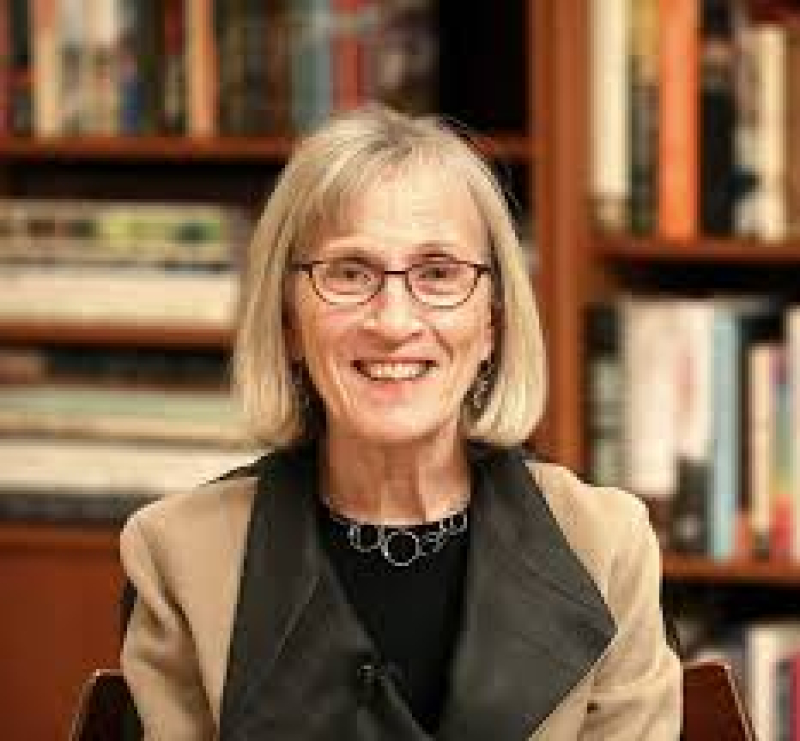- US Pledges $2 Billion for UN Humanitarian Aid, Covers Bangladesh |
- Postal Ballots Sent to Over 376,000 Bangladeshi Voters Abroad |
- Arms smuggling attempts rise ahead of BD polls: Home Adviser |
- Dense fog blankets Dhaka as wintry chill disrupts normal life |
- BGB must maintain strategic relations with neighbours: Adviser |
Nobel prize awarded for working on gender pay gap

This year's Nobel economics prize has been awarded to Claudia Goldin, an American economic historian, for her work on women's employment and pay.
Prof Goldin's research uncovered key drivers behind the gender pay gap, the Royal Swedish Academy of Sciences said.
She is only the third woman to receive the prize, and the first to not share the award with male colleagues.
Prof Goldin currently teaches labour market history at Harvard University in the US.
She had "advanced our understanding of women's labour market outcomes", the Swedish Academy of Sciences said, pointing to her work examining 200 years of data on the US workforce, showing how and why gender differences in earnings and employment rates changed over time.
"This year's Laureate in the Economic Sciences, Claudia Goldin, provided the first comprehensive account of women's earnings and labour market participation through the centuries," the prize-giving body said in a statement.
"Her research reveals the causes of change, as well as the main sources of the remaining gender gap."
On her website she also publishes a blog about her dog, Pika, a golden retriever.
The economics prize is different to the original prizes in physics, chemistry, physiology or medicine, literature and peace, which were established by Alfred Nobel and first awarded in 1901.
The prize for economics was established in 1968 and funded by Sweden's central bank.
Elinor Ostrom was the first woman to win the economics prize in 2009, which she was awarded jointly with Oliver E Williamson for research on economic governance.
In 2019 Esther Duflo shared the award with her husband Abhijit Banerjee, and Michael Kremer, for work that focused on poor communities in India and Kenya, reports BBC.

